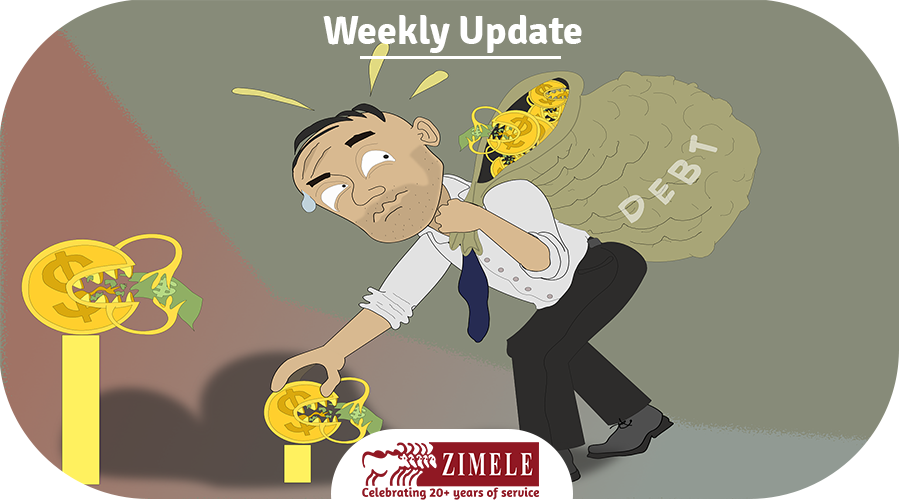“There are plenty of ways to get ahead. The first is so basic I’m almost embarrassed to say it: spend less than you earn. ~Paul Clitheroe.
Possibly the most dangerous financial hazard facing us today is mounting debt. Most people are taking loans. Is it because we really need the loan or because access to them is now easier than ever? This problem has obviously been increased by the high cost of living and the growing need to sustain our daily livelihoods and live a comfortable life. The debt burden that so many consumers are faced with today seems to have no end date. It may actually continue indefinitely if we are not careful.
Getting out of debt should be one of the top financial goals for many people. The secret is really simple. Live below your means and pay off debts with the excess money. Then use the excess money to invest in income generating assets to build your wealth.
Here are a few pointers that will guide you as you reduce your debt burden.
-
Assess your Debt Burden
The first step to reducing your debt is to review your current financial situation. Being honest with yourself and writing everything down, that is your income and liabilities, will help you know where you stand and help you create a path to eliminate debt. Otherwise, debt will be hanging over you like a black cloud.
You cannot get out of a maze fast enough if you don’t know where you are first. By understanding your level of debt you are able to make a plan and understand how you need to implement it to cut down either by learning how to curb your spending habits or by increasing your level of income.
-
Prioritize Your Debts
List down your debts, from the smallest to the largest. One way of helping you reach your desired debt-free life is to pay off the small loans first and maintain the same minimum payment you have been paying for the large loan amounts unless, of course, your income level has increased and you can afford and sustain an increase in the monthly installments.
By paying the small debts first it leaves you with enough to save and with time you may be able to increase your regular installments for the huge amounts and therefore reduce your period of being in debt and enhance the speed in which you will arrive at a debt-free life. Start with the smallest debts so you can gain some traction and feel like you are getting somewhere.
-
Stick To A Budget
Teach yourself to spend less and save more every day. One of the ways of getting out of debt is to stop creating more debt. Even the smallest changes can add up to big savings in the long run. By understanding your personal motivations for spending money, you can train yourself to spend less. Once you deal with your spending, you can start to save.
In times of a financial crisis, it is good to have a stash of money saved up so you will not find yourself falling in the debt trap all over again. It is very hard to save when stuck in the mire of debt but as you reduce the debt, start by saving a portion of your income. Work towards saving up to 10%. Put your savings in a safe, interest-generating account, such as the Zimele Savings Plan. Once you have accumulated 3-6 months’ worth of salary, you will have a good emergency cushion to help you through tough times. Everything you save beyond this emergency cushion should be invested to generate more income.
Read More: Budgeting Strategies That Work
Conclusion
Money is an emotional subject and more so when debt is involved. We can harness these same emotional drives that have caused us to spend out of control and fall into the debt bracket to awaken our financial genius. Discipline is essential to help control spending and help trim the burden of the debt. Then saving and investing will be made easy. And that’s the key to financial freedom.

